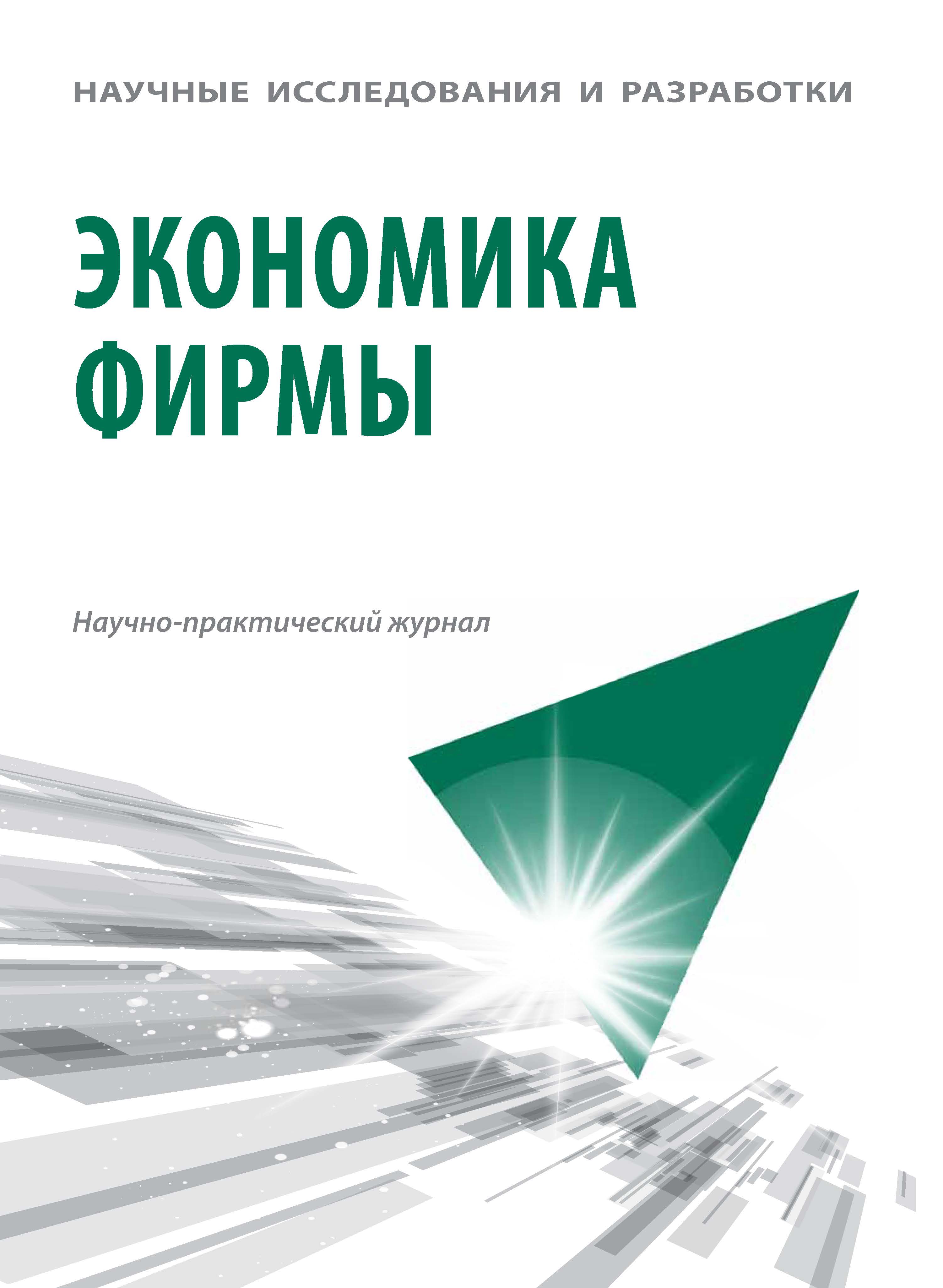Russian Federation
from 01.01.2020 to 01.01.2023
Russian Federation
Russian Federation
UDC 33
Shadow employment is an integral element of the state's economic system, which poses a threat to the sustainable functioning of the tax system and requires increased attention from researchers. The scientific article reveals the essence and reasons for the development of the institution of informal employment in the Russian Federation and characterizes the correlation between the dynamics of the development of shadow labor activity and the state of the country's tax system. The authors present and analyze statistical data that determine the state of the institution of informal employment in Russia: the dynamics of the number of informally employed citizens, their gender and age structure, as well as sectoral distribution are characterized. A study was conducted, according to the results of which, it was determined that informal employment and the tax component of the Russian economic system are characterized by significant mutual influence. Tax statistics are presented and analyzed and the role of reducing the number of informally employed population in ensuring the stable functioning of the tax system of the Russian Federation is explained. The measures that will increase the level of legalization of shadow labor activity in our country are presented.
informal employment, tax system, shadow economy, tax revenues, tax crimes
1. Dolotova, D. V. On the causes of shadow employment in Russia / D. V. Dolotova // Materials of Afanasiev readings. - 2022. - № 4 (41). - pp. 27-30. EDN: https://elibrary.ru/PSCNJW
2. Dyshekova, A. A. Reasons for the growth of the shadow labor market in Russia / A. A. Dyshekova // Current issues of taxation, tax administration and economic security. - Kursk: Southwest State University, 2019. - pp. 80-83. EDN: https://elibrary.ru/ZCEJXH
3. Levshukova, O. A. Shadowization of the economy as a destabilizer of the tax system of Russia / O. A. Leshukova, N. M. Doroshenko, A. A. Platonova // Bulletin of the Academy of Knowledge. - 2022. - № 51 (4). - pp. 389-395. EDN: https://elibrary.ru/TIZPHH
4. Morkovkin, D. E. The influence of «shadow employment» on the socio-economic development of modern Russia / D. E. Morkovkin // Self-government. - 2019. - T. 2. - № 1 (114). - pp. 264-267. EDN: https://elibrary.ru/ZAQTSP
5. Nekrasova, E. S. Features of tax control in the application of the taxation system «tax on professional income» / E. S. Nekrasova // Financial business. - 2022. - № 2 (224). - pp. 35-36. EDN: https://elibrary.ru/EVZSME
6. Nureyev, R. M. The modern crisis and its impact on informal employment in Russia / R. M. Nureyev, D. R. Akhmadeev // Journal of Economic Regulation. - 2021. - Vol. 12. - No. 1. - pp. 6-22. DOI: https://doi.org/10.17835/2078-5429.2021.12.1.006-022; EDN: https://elibrary.ru/SHQPRB
7. Onopyuk, E. Yu. Analysis of the process of legalization of informal employment in Russia / E. Yu. Onopyuk // News of higher educational institutions. Series: Economics, Finance and Production Management. - 2021. - № 2 (48). - pp. 72-78. DOI: https://doi.org/10.6060/ivecofin.2021482.537; EDN: https://elibrary.ru/SYKBBU
8. Statistics and analytics // Ministry of Internal Affairs of the Russian Federation [Electronic resource]. - Access mode: https://xn--b1aew.xn--p1ai/dejatelnost/statistics, free.
9. Statistics and analytics // Federal Tax Service of the Russian Federation [Electronic source]. - Access mode: https://www.nalog.gov.ru/rn77/related_activities/statistics_and_analytics/, free.
10. Labor and employment in Russia // Federal State Statistics Service [Electronic resource]. - Access mode: https://rosstat.gov.ru/folder/210/document/13210, free.
11. Fonseca, D. J. The relationship between the tax burden and the share of the shadow economy / D. J. Fonseca // Topical issues of modern economics : materials of the XII International Scientific Conference, Astrakhan, April 22, 2022 / Compiled by: E.O. Vostrikova, L.P. Gvozdareva. - Astrakhan: Astrakhan State University, 2022. - pp. 122-125. EDN: https://elibrary.ru/DMHQXW






